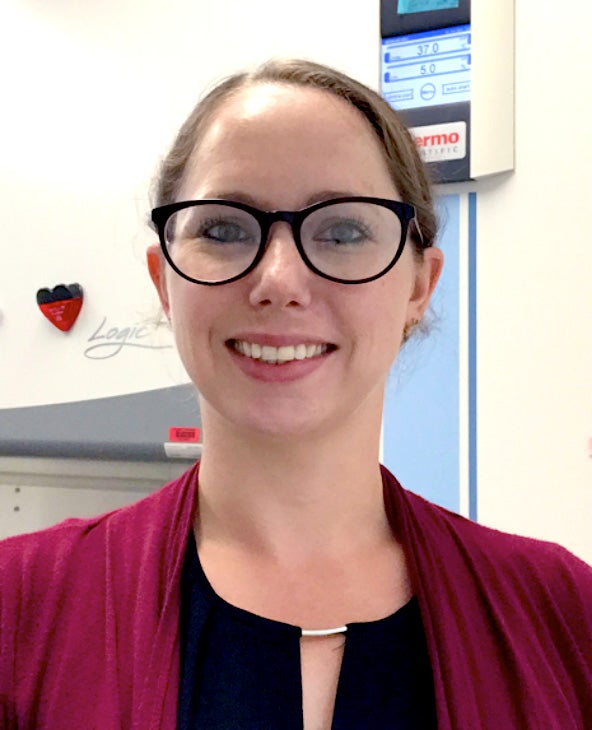
Dr. Elizabeth Blaber's project "Understanding the Brain-Liver-Gut Axis during Spaceflight and Aging," a collaboration with NASA Ames and Johns Hopkins University, has been selected for funding by NASA's Space Biology Program. The goal of the 4-year study is to first extend the longevity of the multi-organ microphysiological system for up to 6 months using novel biomaterials and bioengineering principles in combination with biological mechanisms to mimic the in-vivo microenvironment and then secondly to study how chronic inflammation, spaceflight and aging affect the brain-liver-gut axis with a specific focus on senescence, mitochondrial dysfunction and lipid accumulation.
NASA has put together the following press release regarding the funded projects:
https://science.nasa.gov/science-news/biological-physical/4-agencies-select-8-research-projects-to-extend-longevity-of-3d-tissue-chips-to-6-months
Elizabeth A. Blaber, Ph.D. is an Assistant Professor in the Biomedical Engineering Department at Rensselaer Polytechnic Institute (RPI), a Visiting Scientist with the Blue Marble Space Institute of Science at NASA Ames Research Center and a Space Biology Principal Investigator. She earned her Bachelor of Medical Sciences (Honors) at the University of New South Wales, Sydney, Australia and her Ph.D. in Molecular Genetics and Biochemistry from the same University. Prior to joining RPI, Dr. Blaber conducted research at NASA Ames Research Center. Throughout her career she has aimed to further NASA’s human research and space biology programs by investigating the role of microgravity on stem cell growth and regenerative functions. Dr. Blaber’s research is focused on understanding how stem cells and consequently, tissue regeneration, are affected by spaceflight stressors. She is also investigating the effects of alterations to the bone marrow microenvironment on peripheral tissue degeneration and disease progression.


